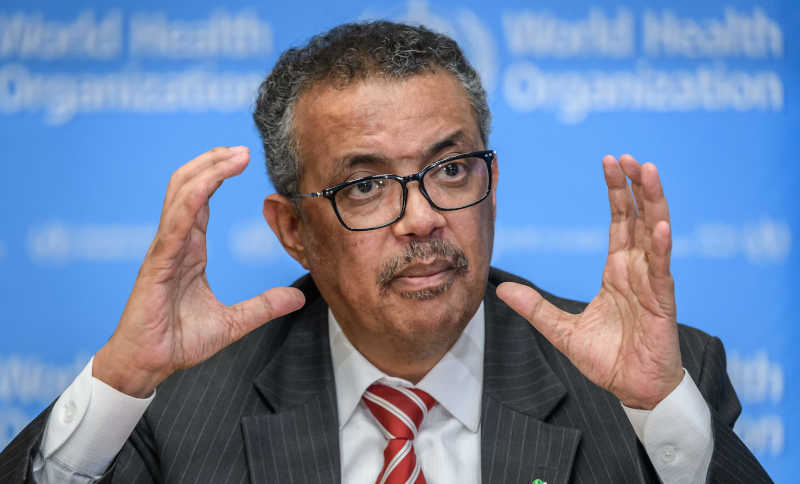The British government this week announced plans to start delivering booster doses for already vaccinated sections of their populations, (people aged 50 and above as well as young adults), even as the World Health Organisation (WHO) pleaded that rich nations should hold those plans until after some high-risky populations in development countries are vaccinated against COVID-19.
Other countries that have already started to implement the booster jabs include Germany, France and Israel.
The decision to press ahead with booster shots despite the WHO’s strongest statement yet highlights the huge inequities in responses to the pandemic as richer nations ramp up programmes to protect citizens from the more infectious Delta variant.
French President Emmanuel Macron said France was working on rolling out third doses to the elderly and vulnerable from September.
Germany intends to give boosters to immunocompromised patients, the very elderly and nursing home residents from September, the health ministry said.
Israeli Prime Minister Naftali Bennett in a statement urged older citizens to get a third shot after the government last month kicked off a campaign to give booster doses.
“Whoever is over the age of 60, and has yet to receive the third dose of the vaccine, is six times more susceptible to severe illness and – heaven forbid – death,” Bennett said.
In an online discussion with the public and journalists, Bennett said Israel’s drive to give third doses of the Pfizer/BioNTech vaccine to people over 60 would provide vital information to the world on combating the Delta variant.
Israel, with a population of 9.3 million, was a small country whose vaccine use “doesn’t really affect the world supply significantly”, he added.
WHO chief Tedros Adhanom Ghebreyesus recently called for a halt to boosters until at least the end of September, saying it was unacceptable for rich countries to use more of the global vaccine supply.
Inequalities come to bear
High-income countries administered around 50 doses for every 100 people in May, and that number has since doubled, according to WHO. Low-income countries have only been able to administer 1.5 doses for every 100 people, due to lack of supplies.
“I understand the concern of all governments to protect their people from the Delta variant. But we cannot accept countries that have already used most of the global supply of vaccines using even more of it,” Tedros said.
Instead rich countries are countering these criticisms of suffocating the global COVID-19 vaccine supply chain by donating a few dozes of their-soon to expire vaccines.
Uganda is one of the countries that have received vaccine donations from countries like France, China and the US.
Germany rejected those accusations, saying it would also donate at least 30 million vaccine doses to poorer countries.
“We want to provide the vulnerable groups in Germany with a precautionary third vaccination and at the same time support the vaccination of as many people in the world as possible,” the health ministry said.
Following Tedros’ comments, the White House said it was prepared to provide booster shots if needed, suggesting it would not heed the WHO’s call either.
Pfizer (PFE.N) has said boosters are most likely needed due to waning antibody responses, particularly after six months.
U.S. health regulators have said that more scientific evidence is needed to be certain boosters are needed, but have indicated they believe a third shot may be needed for people with compromised immune systems.
Macron’ is trying to step up France’s vaccination programme as the country faces a fourth wave of the virus and street demonstrations in protest against the government’s COVID policies.
France and Germany have so far given at least one dose of a COVID-19 vaccine to 64.5% and 62% of their respective populations, with 49% of the French and 53% of Germans fully vaccinated.








